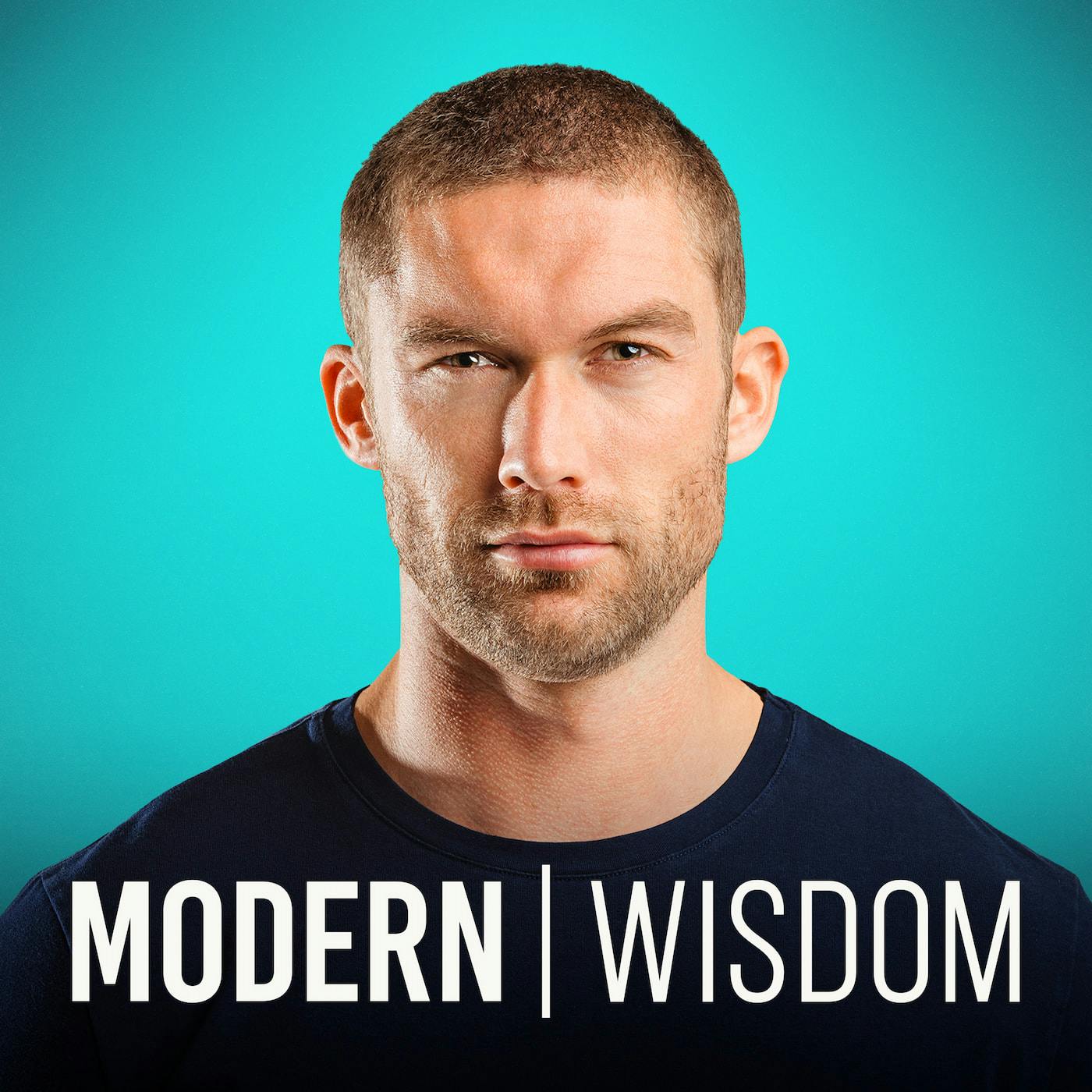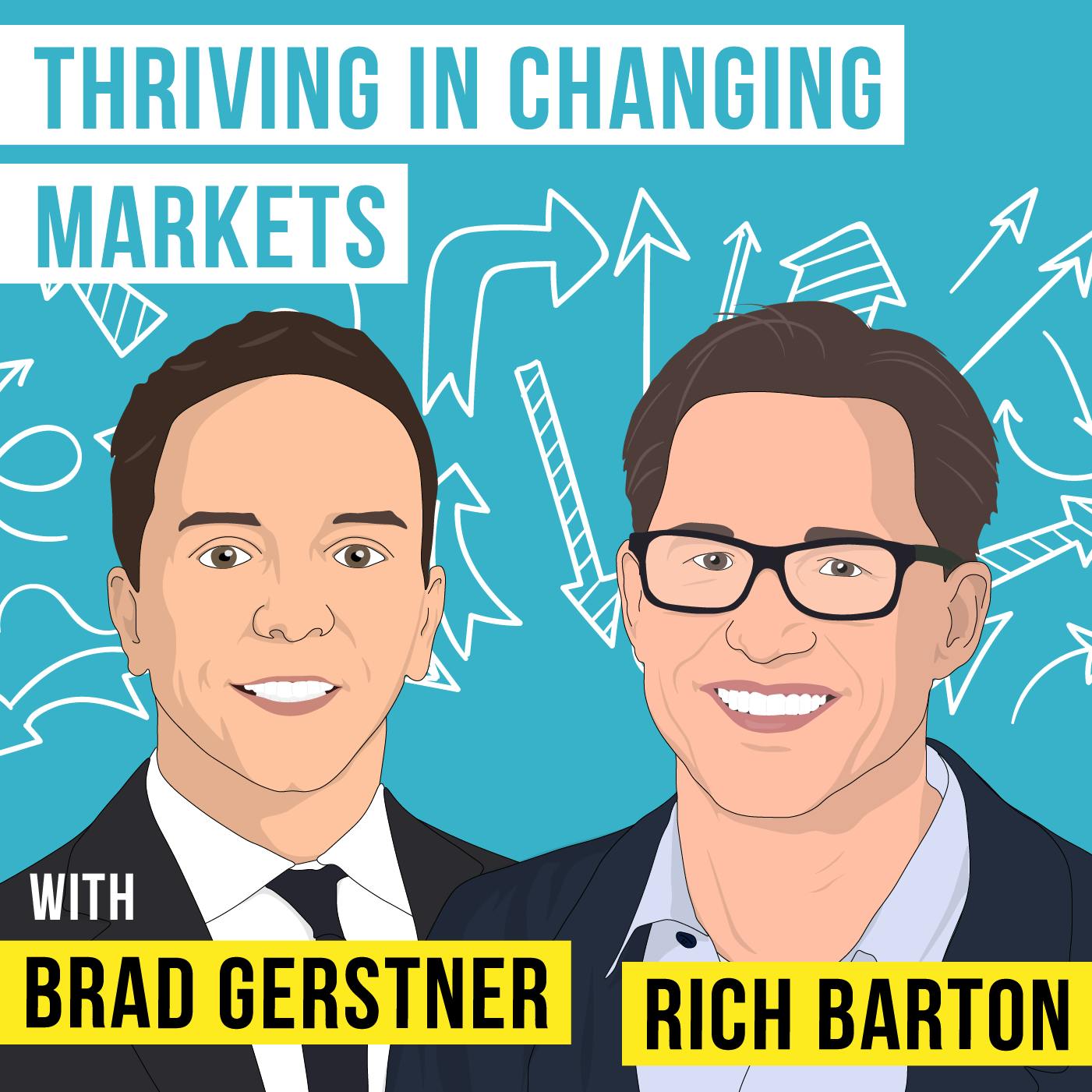My guests today are Rich Barton and Brad Gerstner. Brad is the founder of Altimeter Capital and is one of my favorite active investors. Brad and Altimeter were one of the largest investors in Snowflake in its earlier days and continue to invest in iconic modern businesses with an extreme focus. Rich has one of the most impressive resumes in the business world. He founded Expedia, Glassdoor, and Zillow; He’s a longtime Netflix board member, since before they went public; he’s a venture partner at Benchmark Capital; and he give back through the Barton family foundation. Our conversation covers Rich’s “power to the people,” strategy, Brad and Rich’s perspectives on taking companies public through SPACs vs. IPOs, and their perspectives on how to build a great company. This one is so fun, we even discuss how to come up with company names, talk about the importance Wizard of Oz, and explore the importance of big hairy audacious goals. I really enjoyed this conversation with two of the smartest people I know, and I hope you will too.
This episode is brought to you by Koyfin, one of the fastest growing fintech startups. I discovered Koyfin earlier this year when I asked twitter for the best Bloomberg alternative, and the overwhelming winner was an intriguing new product called Koyfin.
Koyfin has tons of high-quality data, powerful functionality, and a nice clean interface. If you’re an individual investor, research analyst, portfolio manager, or financial advisor, you should definitely check them out. Sign up for free at koyfin.com
This episode of Invest Like The Best is also sponsored by Assure. Assure is changing the way investors manage private transactions.
With Assure, investors can eliminate nearly all the admin cost of private investment. On top of that, they handle all the backend, legal, taxes, accounting, and compliance. All of it, with a straightforward one-time fee. Learn more and try Assure for yourself at https://www.assure.co/patrick.
For more episodes go to InvestorFieldGuide.com/podcast.
Sign up for the book club and new email newsletter called “Inside the Episode” at InvestorFieldGuide.com/bookclub.
Follow Patrick on Twitter at @patrick_oshag
Show Notes
(2:59) – (First question) – How Brad and Rich met
(5:57) – The instant click between them
(7:21) – The power to the people perspective
(7:29) – Brad Gerstner Podcast Episode
(10:21) – Delivering information to consumers
(11:31) – The investing perception of data-delivery businesses
(13:54) – How they use SPACs
(17:38) – How entrepreneurs view SPACs
(20:17) – Lessons from their involvement in Altimeter Growth Corp
(23:57) – Defining value add investor in the public and private markets
(26:36) – The Wizard of OZ and Pygmalions
(30:41) – Leadership mold at businesses and big audacious goals
(30:44) – No Rules Rules: Netflix and the Culture of Reinvention
(36:05) – Frank Slootman’s leadership style
(36:12) – Amp It Up
(46:13) – TAPE SUCKS: Inside Data Domain, A Silicon Valley Growth Story
(38:11) – Courage in leadership
(41:33) – Physical businesses vs digital only businesses
(43:34) – Getting companies fit
(45:39) – Lessons around talent density
(48:28) – State of the world and markets today since the inception of the pandemic
(53:46) – Making up words for companies and fertile ground
(56:45) – Go to market model vs business model
(58:50) – Early days of product market sales
(1:03:03) – Advice to early investors and entrepreneurs for the future of their careers
(1:08:10) – The board challenge
(1:12:06) – What question are they working hard to answer right now
(1:16:09) – Kindest thing anyone has done for Rich
Learn More
For more episodes go to InvestorFieldGuide.com/podcast.
Sign up for the book club and new email newsletter called “Inside the Episode” at InvestorFieldGuide.com/bookclub.
Follow Patrick on Twitter at @patrick_oshag
















